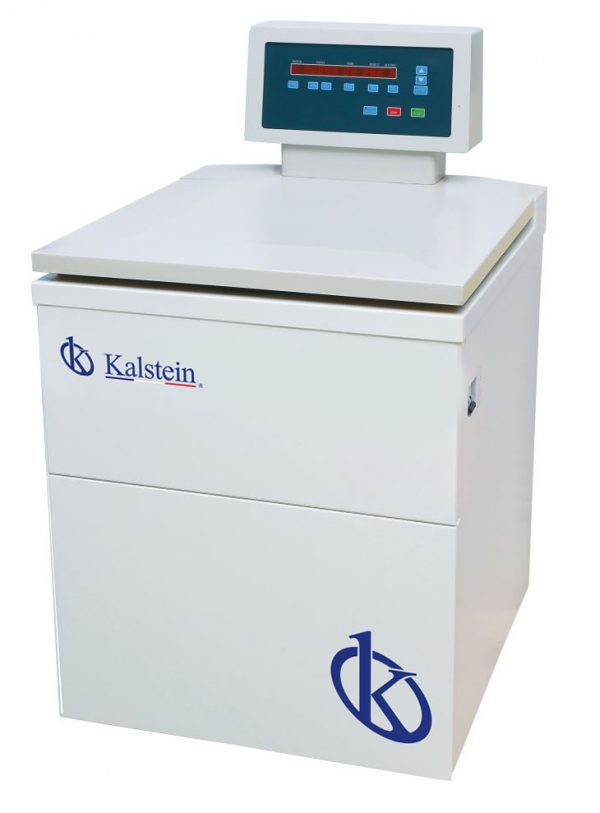A centrifuge is a vital mechanical procedure for the separation of components of a mixture into a liquid or solid phase. There are several uses for centrifuges, from preparing samples for analysis, purifying substances in reaction media, to centrifuging high-level monolayers for isolating components difficult to separate with other methods.
Since centrifuges are so often used in laboratory applications, it is important to understand the complexity of the problems faced by laboratory centrifuge operators. These problems can be grouped into three categories: mechanical, biological and safety. These three points will be discussed in the following subsections.
What are the mechanical problems that can occur with the use of centrifuges?
First, mechanical problems are often the most worrying for centrifuge operators. Intense rotational motion, the complexity of mechanical components, the need for regular maintenance, the possibility of electrical failures and the difficulty of heating components in some laboratory centrifuge models are some of the main concerns. All of these factors often lead to increased downtime, which can result in delays to projects in the lab.
All these problems can be minimized through proper maintenance routine to ensure that the components work properly. Many manufacturers also offer limited warranties for many components of laboratory centrifuges, meaning that operators can be assured of being covered by some level of protection in the event of a mechanical failure.
What are the biological risks that users of centrifuges should handle?
Another problem faced by laboratory centrifuge operators is the biological problem. There is a risk of cross-contamination between samples and the risk of exposure to laboratory personnel handling the samples. To mitigate this risk, centrifuge operators rely on good working practice to ensure that each sample is properly separated before being treated.
This means that each sample must be properly labeled and placed in a separate refrigerator to avoid cross-contamination. Gloves and protective lenses should also be worn to limit exposure to personnel. Practitioners should also look for specific centrifuge products designed to prevent exposure of infectious fluids to personnel.
What are the safety issues that can arise with the use of centrifuges?
Finally, it is important to consider security-related problems. Centrifugation always carries the risk of being injured with the elements on. This means that laboratory centrifuge operators must follow appropriate safety measures to prevent any injury. This usually means wearing appropriate clothing, such as work pants, gloves, safety glasses and other garments that prevent staff from being exposed to rotational motion.
It is also important to avoid bad work habits, such as handling spin tubes with your hands or not following due procedures and care when handling the tubes. In summary, there are a number of problems that laboratory centrifuge operators must face. These problems include those related to mechanics, biology and safety.
To minimize the risk of mechanical failure and damage to people and equipment, centrifuge operators should follow a proper maintenance routine as well as precautionary measures to avoid exposing personnel to infectious fluids. Operators should also avoid poor working practices, such as handling spin tubes with their hands or handling samples without gloves or goggles. Good working practice should be applied to ensure staff safety and the consequent efficiency of centrifuges.
Kalstein and its solutions in centrifuges
Kalstein is a manufacturer that provides innovative solutions to laboratories such as centrifuges. These devices incorporate safety mechanisms that minimize risks to operators and controls in the event that temperature and speed are out of control. All models available for sale, purchase options and prices can be found on the following links HERE and HERE.

